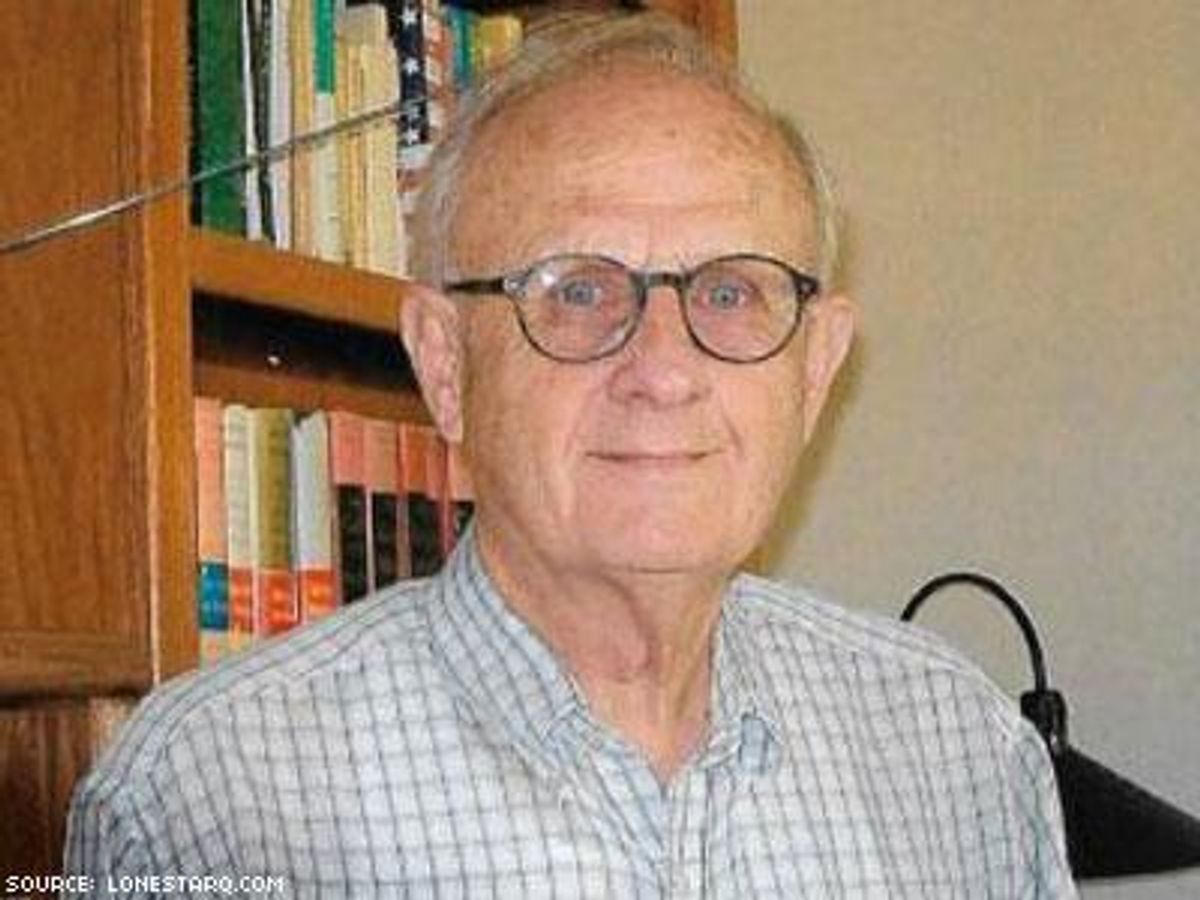A retired United Methodist minister in Texas who had championed civil rights for African-Americans and LGBT people has committed suicide in dramatic fashion to protest continuing injustices, setting himself afire in a public parking lot.
The Rev. Charles Moore, 79, doused himself in gasoline and set himself aflame in a strip-mall parking lot in the small town of Grand Saline, where he had grown up, about 70 miles east of Dallas on June 23, reports The Dallas Morning News. Bystanders extinguished the fire, and Moore was flown to a Dallas hospital, where he died of his injuries.
He left a letter on his car windshield explaining the reasons for his action, and his son-in-law, Bill Renfro, discovered other notes at Moore's home in Allen, a Dallas suburb, detailing his discontents. Moore cited continuing discrimination against LGBT people, the ban on the performance of same-sex marriages by Methodist clergy, the continuing use of the death penalty, cuts in social programs for the poor, and other injustices he saw around him. He also felt he had not done enough to alleviate these problems, even though he had been a longtime activist against racism, sexism, and homophobia, and poverty. He once went on a 15-day hunger strike to protest his church's treatment of gays, and he worked with the poor in India.
The date of his death was significant, noted Renfro, as it marked the 50th anniversary of the discovery of an abandoned car that had been used by three civil rights workers registering black voters in Mississippi. They were later found to have been murdered by the Ku Klux Klan. Moore reportedly chose his manner of death in emulation of Buddhist monks who immolated themselves to protest the South Vietnamese government during the Vietnam War.
Despite feeling he hadn't done enough to address social problems, Moore committed "many acts for justice during his life," Renfro told Tyler, Texas's Morning Telegraph, noting the hunger strike and the fact that Moore was kicked out of a church as a young minister for supporting racial integration.
"I wish I could have sat down and pointed out, 'Charles, look at what your life has meant to the world,'" Renfro, also a retired Methodist minister, added to The Dallas Morning News. "'Look at what it's meant to individuals. You've changed their lives.'"
Others who knew Moore were struggling to make sense of the situation. "I have no doubt that there will be some people who use this to blow off everything he worked toward," said Rev. Sid Hall, a fellow LGBT-supportive Methodist clergyman. "They'll say, 'It's what we knew all along. He was a nut case.' And there will be others who just feel the tragedy and loss of his life. And there will be those like me, that even though I don't agree with what he did, I'll be able to struggle with and wrestle with the message he believed in and examine my own life. I'll ask myself, 'Am I doing enough?'"

















































































Viral post saying Republicans 'have two daddies now' has MAGA hot and bothered